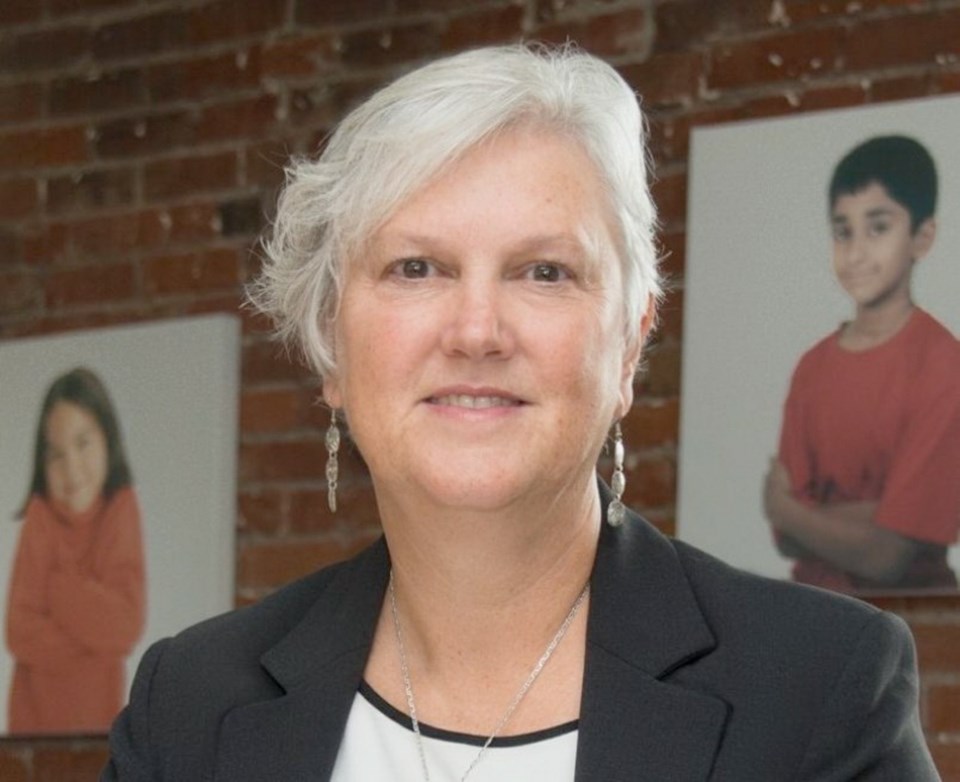Representative for children and youth Jennifer Charlesworth went to great lengths to explain the legal authority behind her request for information from the provincial government.
She wrote a seven-page letter to the Attorney General’s Ministry in July citing chapter and verse of the law governing her office and all the powers it gives her to examine records.
It was filed in B.C. Supreme Court after she petitioned the court to order the government to comply with the law.
It didn’t change their minds. The Attorney General’s Ministry not only continued to refuse the request, it tried to get her letter stricken from the record, on grounds it amounted to piling on extra arguments after her original case was submitted.
And it filed a counter-petition asking the court to declare that the topic she is researching — whether children who die or are critically injured are being heard properly in family court matters that are often underway at the time of the trauma — is outside her jurisdiction.
The justice tossed the government’s side-argument about the letter and the ministry’s overall case as well, in a verdict last week. The case, outlined here earlier, revealed a 180-degree reversal of the NDP’s firm stance several years ago while in opposition that the representative should have full access.
Finance Minister Carole James led the charge in 2010 when the previous government also tried and failed to block the representative’s office. She and other NDP MLAs rapped the government at the time and demanded it apologize.
On Thursday she referred questions about the NDP government’s new stance to Attorney General David Eby.
Eby said he would be glad to talk in detail about the case, but not until the ministry has decided whether to appeal the ruling. “Not currently, I’m in a difficult position on that.”
Charlesworth’s letter stresses the latitude the representative has to explore government actions and cites multiple sections of the Representative for Children and Youth Act.
The office has some wide avenues into examining the workings of government.
“Obviously, any report focusing on broader public initiatives needs to meet the ‘good judgment’ test,” wrote Charlesworth.
“The project must be worthy of the time and effort that will be expended to undertake it. While this project began under the tenure of my predecessor, I am fully satisfied that it meets the tests of law and good judgment.”
Discussing her power to do special reports, the representative said the office has found serious issues about how children in care can have their voices effectively heard in concurrent family law proceedings.
“While my office cannot, on a case-specific level, involve itself in family law proceedings, the broad systemic issue of how government can serve children in this area is nonetheless one in which I can report. … The systemic focus is precisely what [the authority to do special reports] was intended to allow.”
And the information she’s seeking isn’t exactly top secret. She cited advice that the specific records she wants — on a family advocate program scrapped in 2002 — would be subject to disclosure to anyone who asks for them, under freedom of information law.
“This information has not yet been supplied,” she told the ministry. “I require it in order to ensure that my review is complete. I require compliance with the outstanding request in accordance with the statutory duty set out in … the act.”
Justice Douglas Thompson wrote in his ruling: “The Representative needs the information she seeks from the Ministry in order to do a proper job of making a (special report) to the legislative assembly on a subject that is firmly rooted in her statutory mandate.”
They’re not cited in the letter, but there are other sections that give a flavour of how broad her authority is to get information from the government.
She can compel persons to answer questions, order disclosure and even initiate contempt proceedings against unco-operative individuals.
There might be some reasons to try to block an office with that kind of clout. There might be some reasons for the NDP to abandon the vehement stand for the representative’s right to know that it took nine years ago.
But they sure haven’t been explained to anyone yet.



